President’s DEI Awards celebrate contributions, commitment across system
CU President Todd Saliman is pleased to announce the President’s Diversity, Equity and Inclusion Awards, annual recognition for individuals and units demonstrating outstanding commitment and making significant contributions to advancing diversity, equity and inclusion (DEI) across CU.
President Saliman and the Diversity, Equity and Inclusion Awards committee announced the 2022-23 award and honorable mention recipients ahead of an awards reception scheduled for April 20 at 1800 Grant St.
“It’s so important to support and reward the people in our CU community who are taking action to advance diversity, equity and inclusion across the campuses,” President Saliman said. “I want to thank the committee members for their efforts in choosing this year’s honorees. These outstanding individuals and units are doing the work that embodies CU’s commitment to supporting an environment where everyone feels a strong sense of belonging and has the opportunity to thrive.”
This year’s CU President’s DEI Awardees are:
FACULTY
Celeste Montoya, Ph.D., associate professor, Women and Gender Studies, CU Boulder
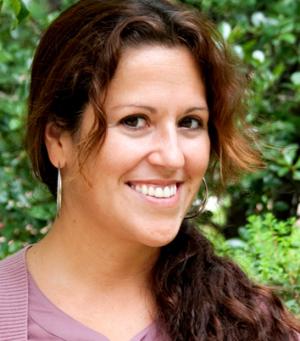
Celeste Montoya is the faculty director of the Miramontes Arts & Science Program (MASP) at CU Boulder. She is an associate professor of Women and Gender Studies, with a courtesy appointment in political science, and affiliations with Ethnic Studies and the Latin American and Latinx Studies Center.
Diversity, equity and inclusion are at the core of Montoya’s research, teaching and service. She studies race and gender in U.S., European and global politics, and has published extensively on topics such as gender violence, voting rights, political representation and social movements. Her current research looks at Latina leadership in Colorado, a project that is of both personal and professional interest to this southern Colorado-born professor.
On campus, Montoya applies her expertise in various ways. As the director of MASP, she has worked to develop programming, opportunities and community for students who are first gen and/or from historically excluded communities. In Women and Gender Studies, she helped establish the student leadership practicum and regularly teaches the senior colloquium, helping students put theories of social justice into practice. She has served on various college and campus advisory committees, such as those related to the sexual misconduct and campus climate surveys, the IDEA plan, DACA and undocumented students, and the Undergraduate Success Initiative.
Off campus, she also is active in DEI work. In political science, she served on the Committee on the Status of First-Generation Higher Education Scholars and chaired the Committee on the Status for Latinos y Latinas in the Profession. She frequently serves as an adviser for Latino organizations and initiatives. She is a board member for the Colorado Latino Leadership Advocacy & Research Organization (CLLARO).
Honorable Mention: Shanta Zimmer, M.D., Senior Associate Dean for Education, Associate Dean for Diversity, Equity and Inclusion, CU Anschutz Medical Campus
STAFF
Shaleeta Flagg, Diversity Officer, Department of Psychiatry, CU Anschutz Medical Campus
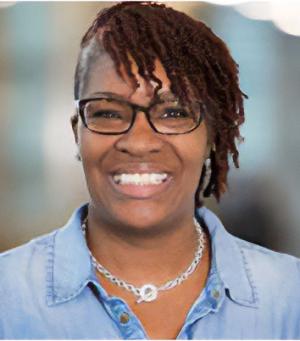
Shaleeta Flagg has worked at the CU School of Medicine on the CU Anschutz Medical Campus for 15 years and has over 25 years of experience as an executive professional.
As the Department of Psychiatry’s Diversity Officer, Flagg is co-leading strategic visioning and planning for DEI across mission areas within the department. She has engaged diverse faculty, staff and trainee expertise and perspectives as well as nationally recognized DEI consulting experts in implementing DEI best practices within academic medicine. She has worked diligently and effectively to build trust, alignment and integration across multiple DEI leaders and committees at the School of Medicine and at Children’s Hospital Colorado.
She also serves as the Black Faculty and Staff Affinity (BFSA) Secretary, helping to advance the voices and needs of underrepresented groups like Black faculty, staff and students who are often marginalized in academic institutions. She believes that every person – regardless of their race, ethnicity or gender identity – should be treated with compassion and dignity.
As the first Department of Psychiatry Diversity Officer, Flagg is dedicated to ensuring that the department and campus at large is an environment that supports and champions diversity, equity and inclusion, making her a highly valued member of the community and the CU Anschutz Medical Campus.
Honorable Mention: Whitley Hadley, Director, MOSAIC, CU Colorado Springs
STUDENTS
Irfanul Alam, Ph.D. student, Ecology and Evolutionary Biology, SWAP Exchange Coordinator, CU Boulder
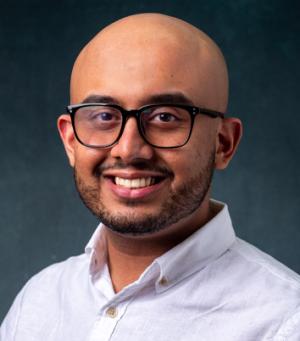
Irfanul Alam is a fifth-year Ph.D. student in the EBIO department at CU Boulder. He is advised by Lisa Corwin, Ph.D., and is investigating the effects of course-based undergraduate research experience (CURE) courses on students’ ability to engage civically with the community using their STEM skills.
Alam employs quantitative, qualitative and mixed-method approaches for his investigation and hopes to improve CURE design and assessment with regards to undergraduates’ scientific civic engagement (SCE). He has created a survey that can measure predictors of SCE and is using the instrument to model differences between CURE courses in the U.S. Concurrently, he also is leading a case study at the University of Texas at El Paso to explain how students’ social identities impact their level of scientific civic engagement.
After completing his doctorate degree next year, Alam hopes to continue his line of work around social identities as a postdoc.
Outside of graduate school, Alam has actively pursued opportunities to get involved in the CU Boulder community that eventually led him to work in DEI. He first volunteered at SWAP where he was paired with a student to practice speaking English as well as help them get acquainted with American culture. As a Center for Teaching and Learning (CTL) student lead, he created a workshop for international TAs that focused on helping novice instructors teach effectively and how to deal with student conflicts. He then worked with other graduate students at CTL to create a new JEDI micro-credential program for students, staff and faculty. Finally, Alam also helped redesign GPSG’s DEI award to recognize the work of other graduate students and professionals.
During his spare time, Alam enjoys tending to his collection of houseplants, cooking and watching videos of Shiba Inus on YouTube in the hope of adopting one.
Yedidiya Bizuneh, undergraduate student, LBB LLC Peer Mentor, CU Boulder
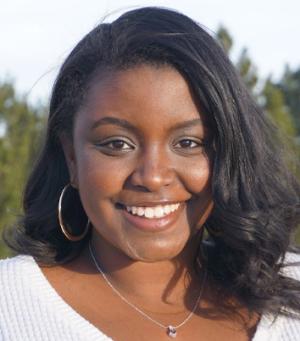
Yedidiya Bizuneh is a fourth-year student at CU Boulder majoring in psychology with a minor in media studies. She has a passion for advocacy and social justice and has grown stronger in her practice of these matters by spending the last three years in Hallett Hall on campus. In this building, she serves in the Peer Mentor role for Hallett’s Lucile Berkely Buchanan Living Learning Community, which houses Black and Black-identifying students. She works, learns, guides, programs and supports students as a Peer Mentor, assisting them in finding community and building connections.
Bizuneh was born in Addis Ababa, Ethiopia, and raised in Denver. Since first stepping foot in Hallett Hall in 2019, she has aimed to empower and uplift underrepresented communities on campus and use her voice to shape the future of CU Boulder within the students who surround her.
After her time at CU Boulder is over, Bizuneh hopes to continue her social justice and advocacy efforts by working with nonprofit organizations. During her free time, she enjoys improving her media literacy by reading, watching TV and movies, along with spending time with her friends and family and trying foods and drinks from different cultures.
UNIT
Department of Family Medicine, Diversity and Health Equity Program, CU Anschutz Medical Campus
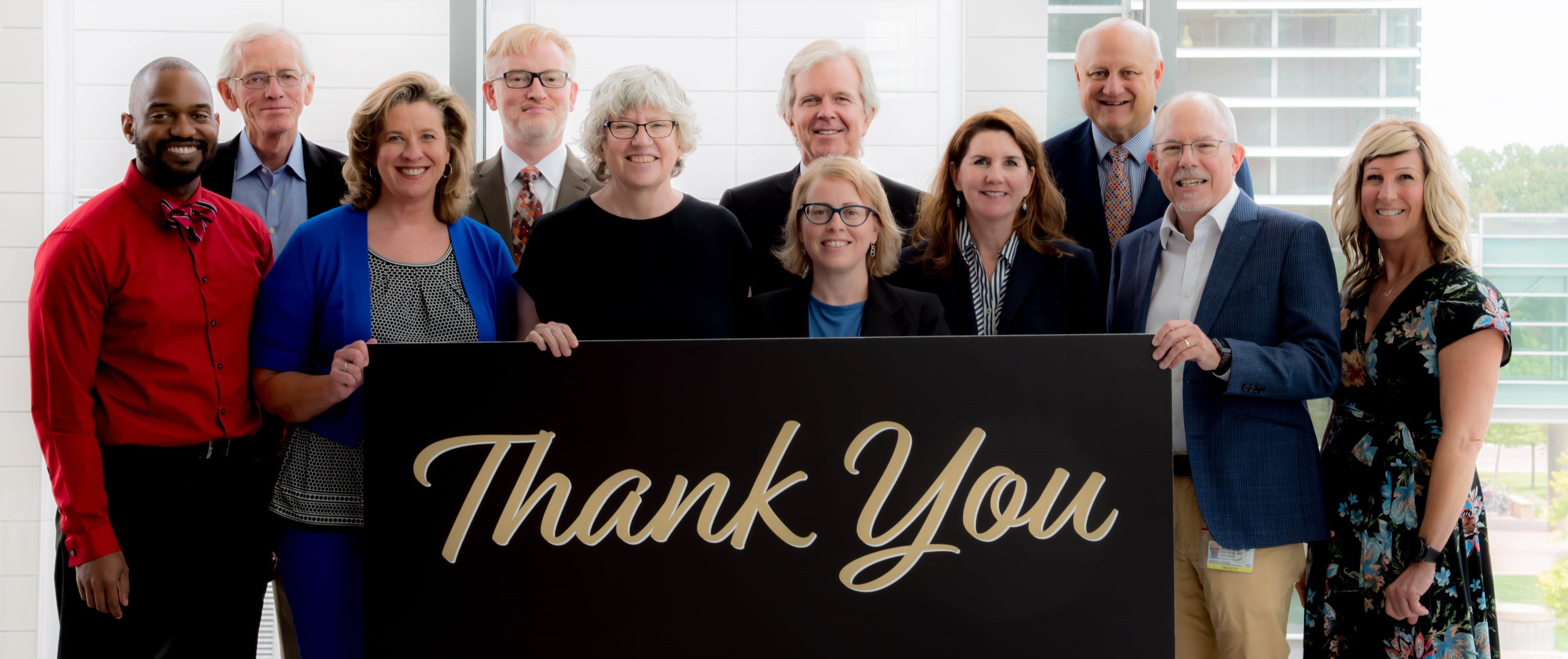
For over a decade, the mission of the Department of Family Medicine (DFM) has been to “make people healthier.” Since 2018, there has been a re-focus in making sure this mission was to make sure “everyone” is healthier. We sought to do this by putting careful attention, leadership and funding to make Diversity, Equity, Inclusion and Anti-racism (DEIA) not just a priority, but a core value of our department.
As a department, we knew it was essential to first do our own internal work and embed DEIA into our structures, policies, practices and procedures. We also knew we had to meet people where they were on their DEIA journey and make this work approachable. Our philosophy in the DFM is how do we take the work we already do well and simply change it slightly to have a DEIA lens. One example of this is helping people change from setting SMART goals (Specific, Measurable, Achievable, Relevant, Timely) and start setting SMARTIE goals (Inclusive and Equitable).
We have embarked in many DEIA endeavors over the years from providing gender-affirming care in our clinics, improving our mentoring process with a special focus on women and minorities, making community a core part of our mission, creating incentives for DEIA work, and much more. Additionally, we are active collaborators in this work and are proud of playing key roles in systematizing DEIA on the CU Anschutz campus. Some examples of this have been helping to incorporate DEIA into performance reviews, promotions and recruitment efforts in the School of Medicine offices and departments.
When we first started this work, a group of us called ourselves the “Justice League.” So many people still do not have justice, and we are committed to keep fighting for justice in medicine and the communities we serve.
Honorable Mention: Inclusive Culture Team (ICT), CU Boulder

